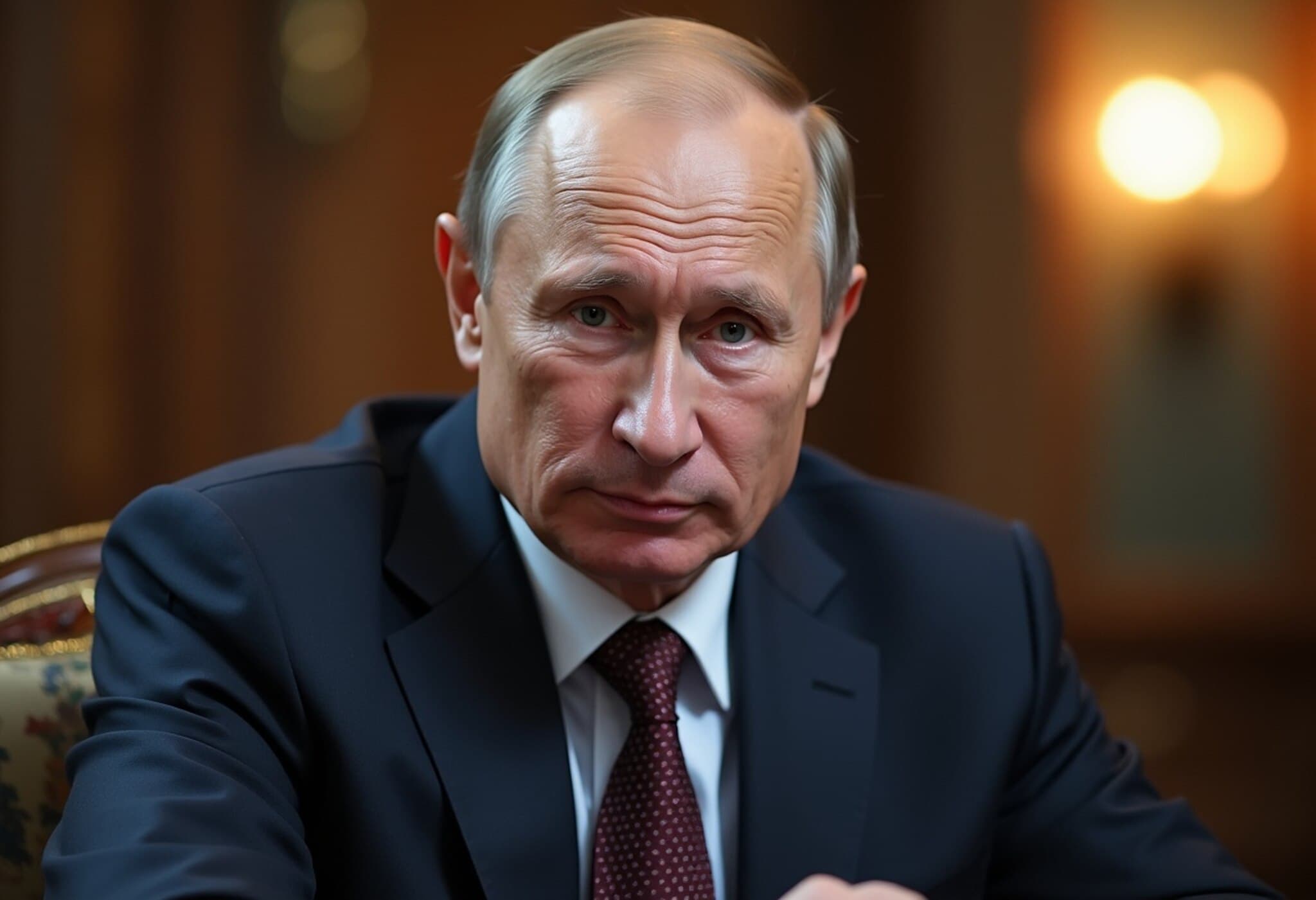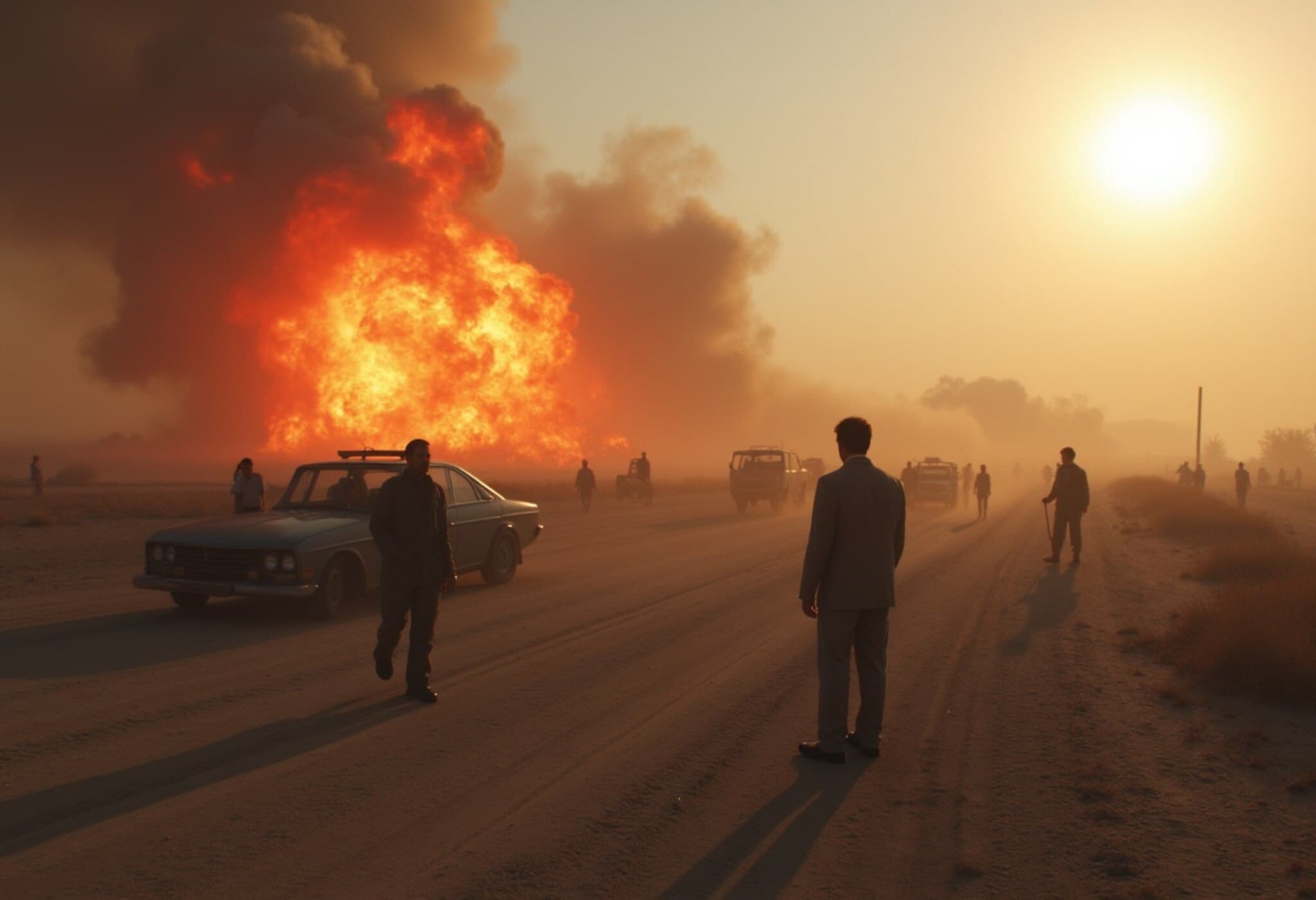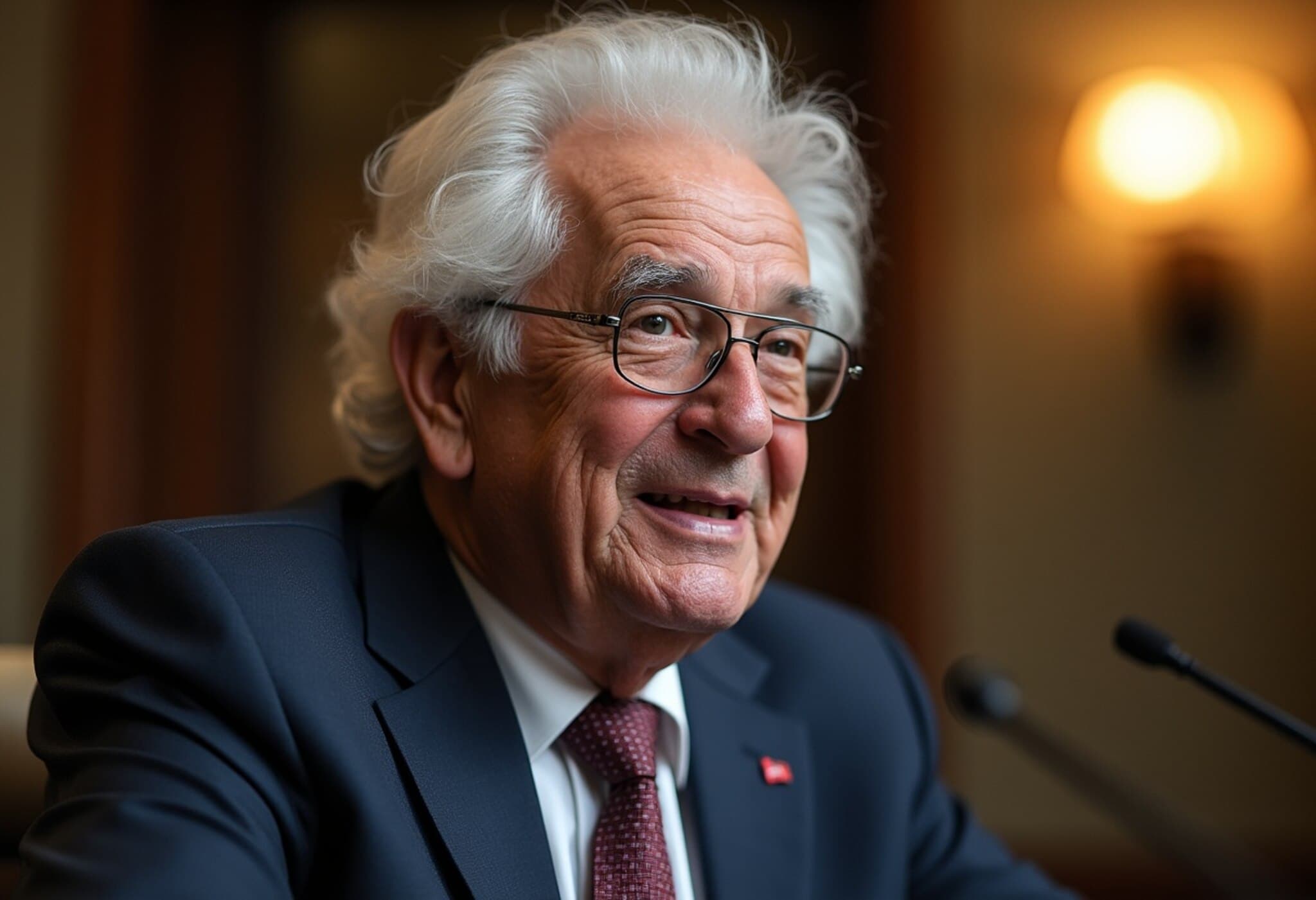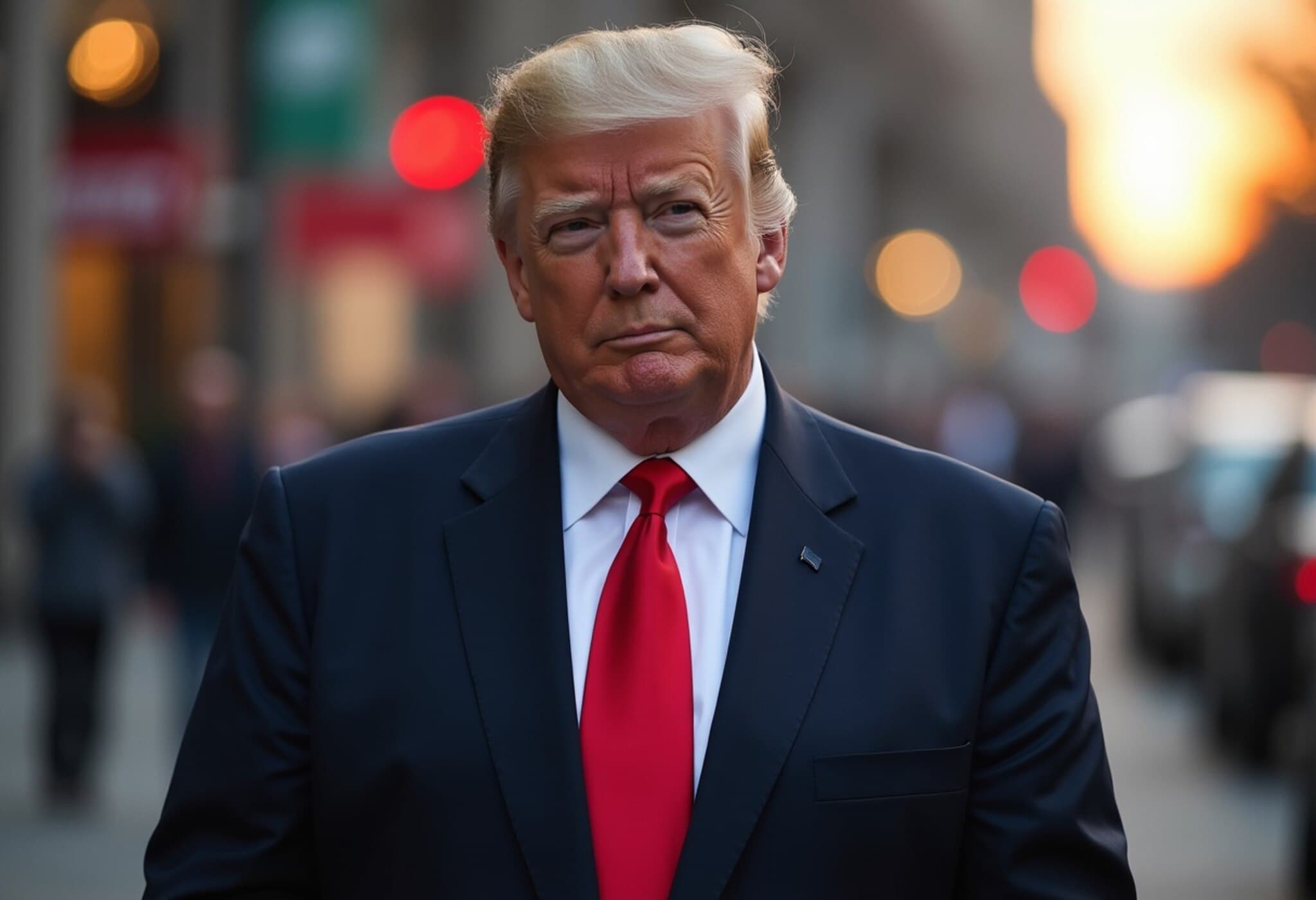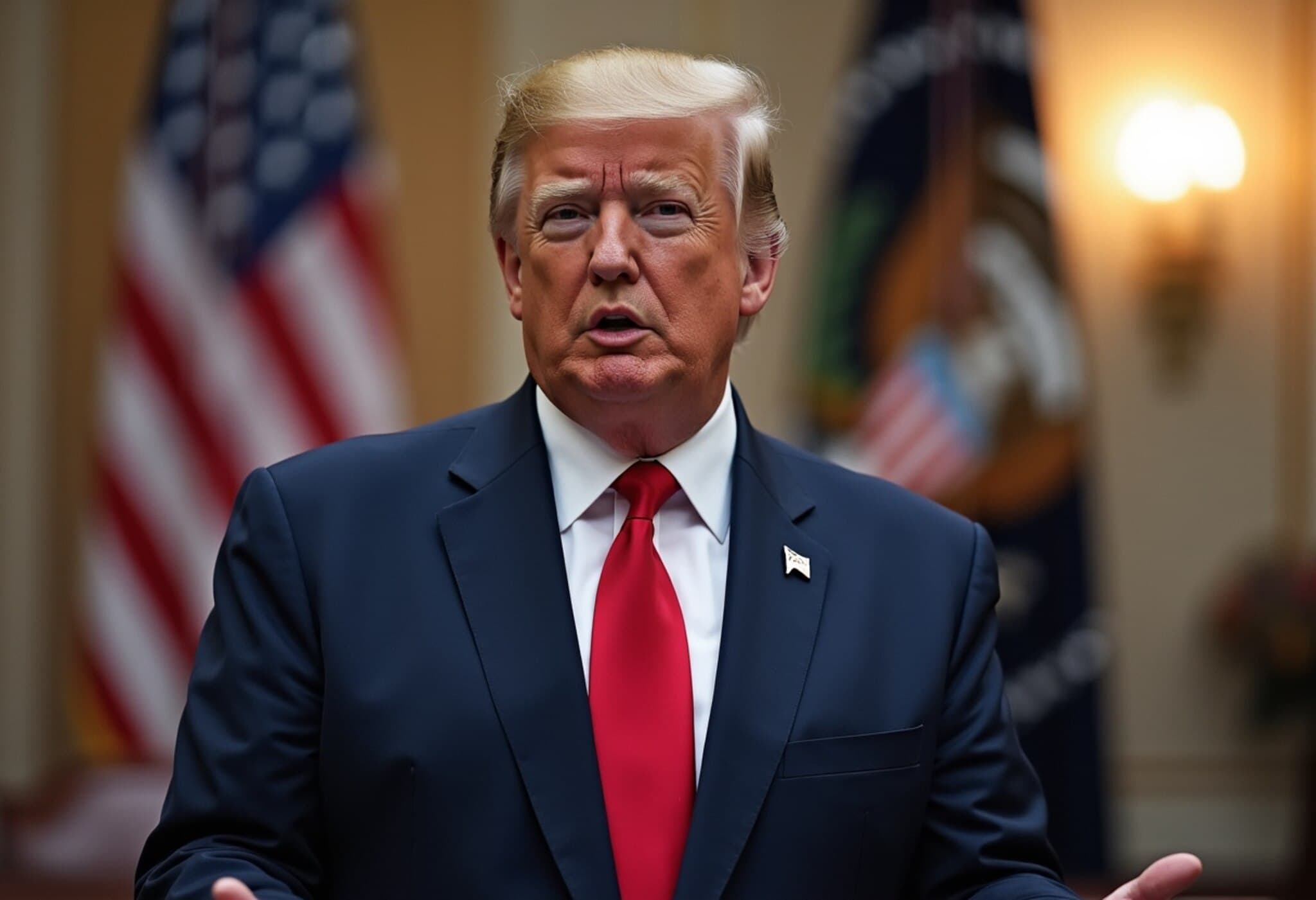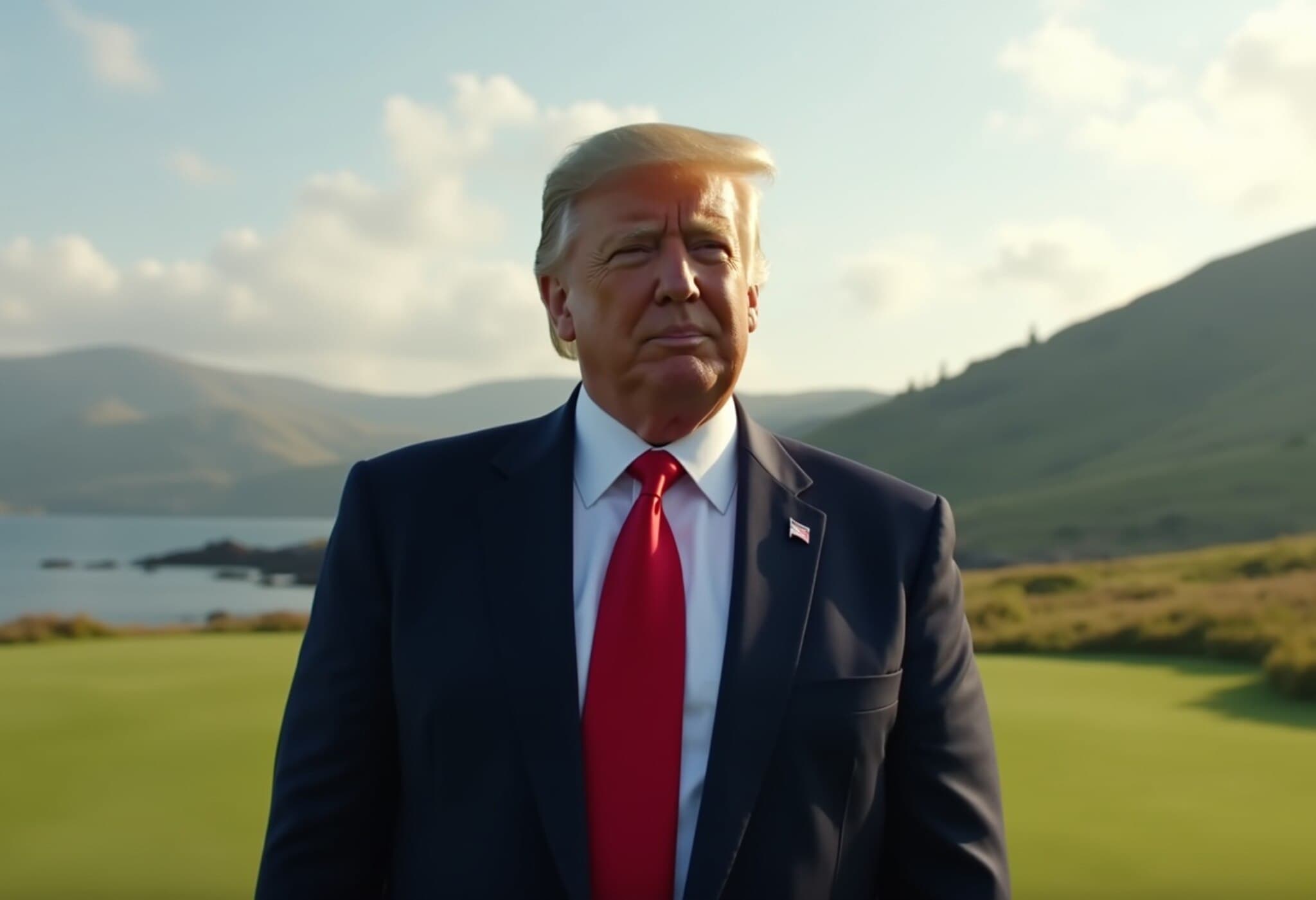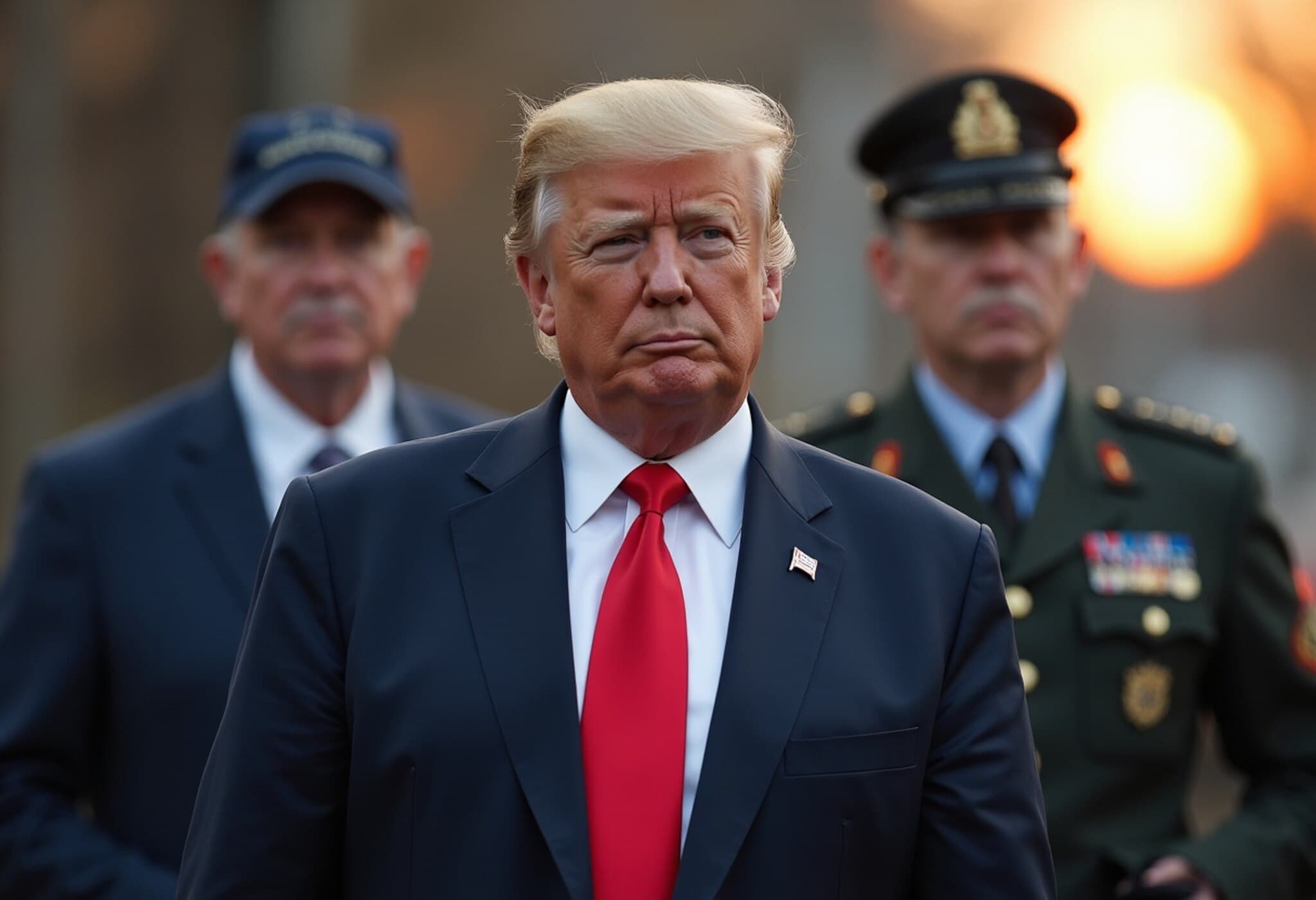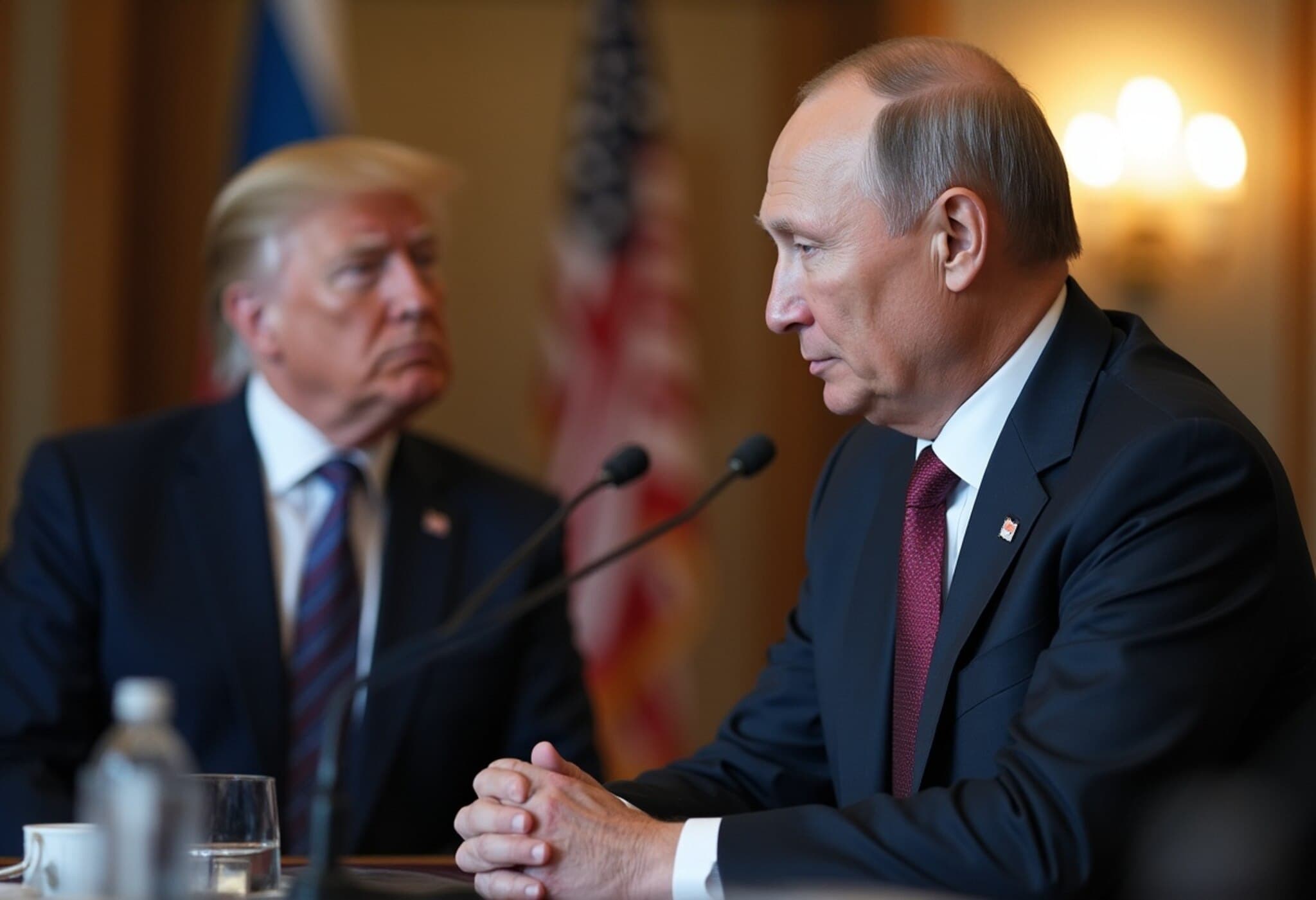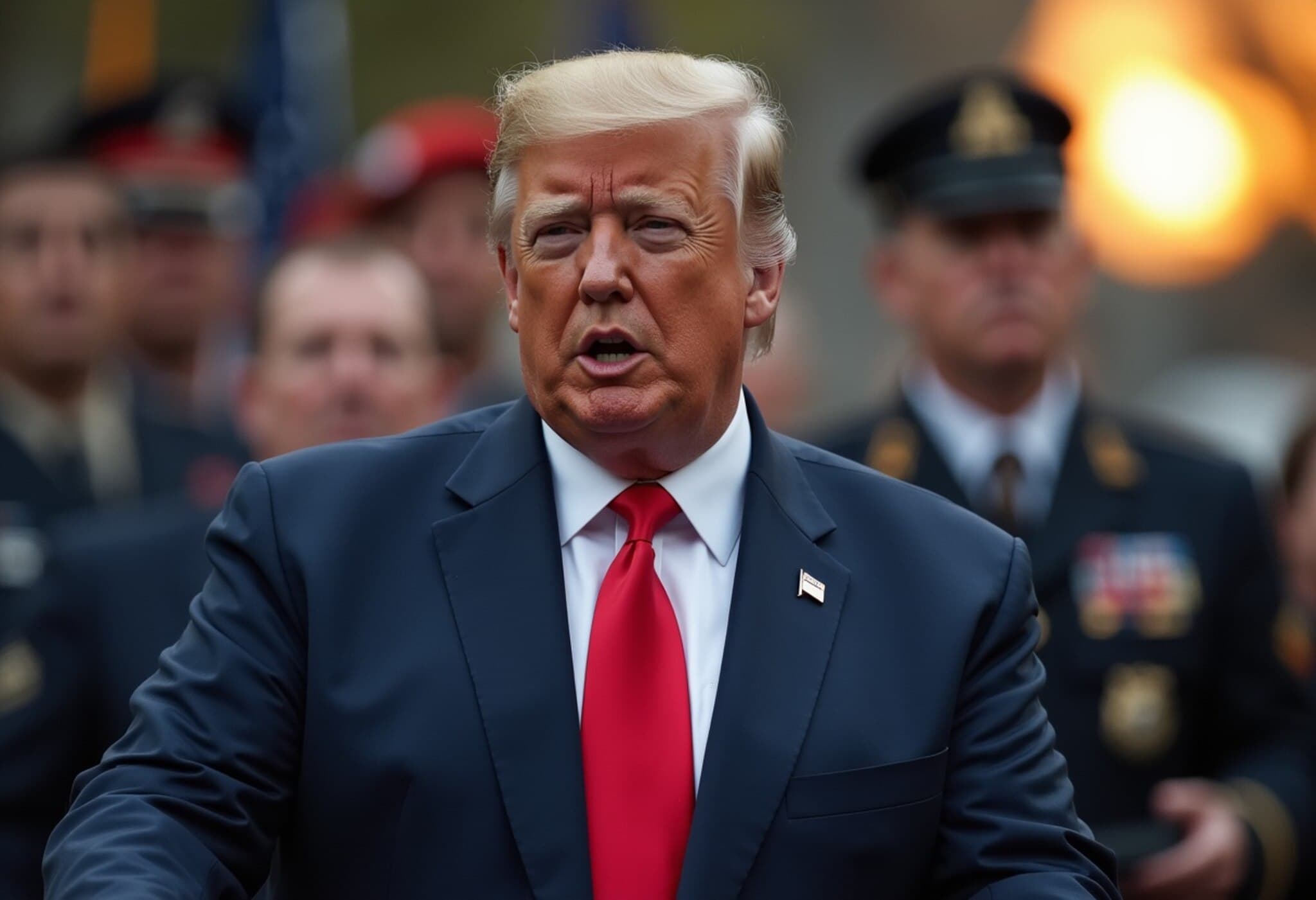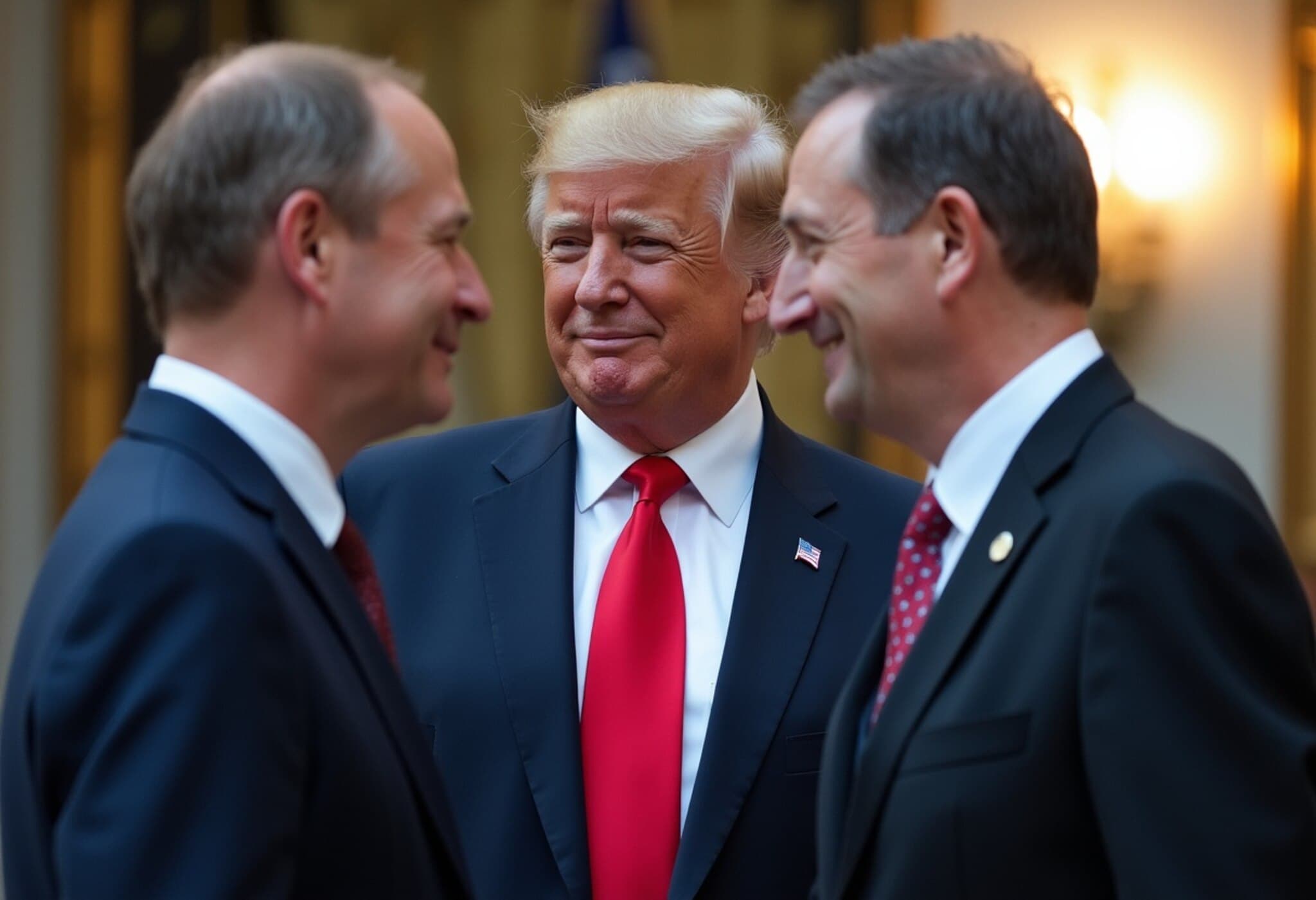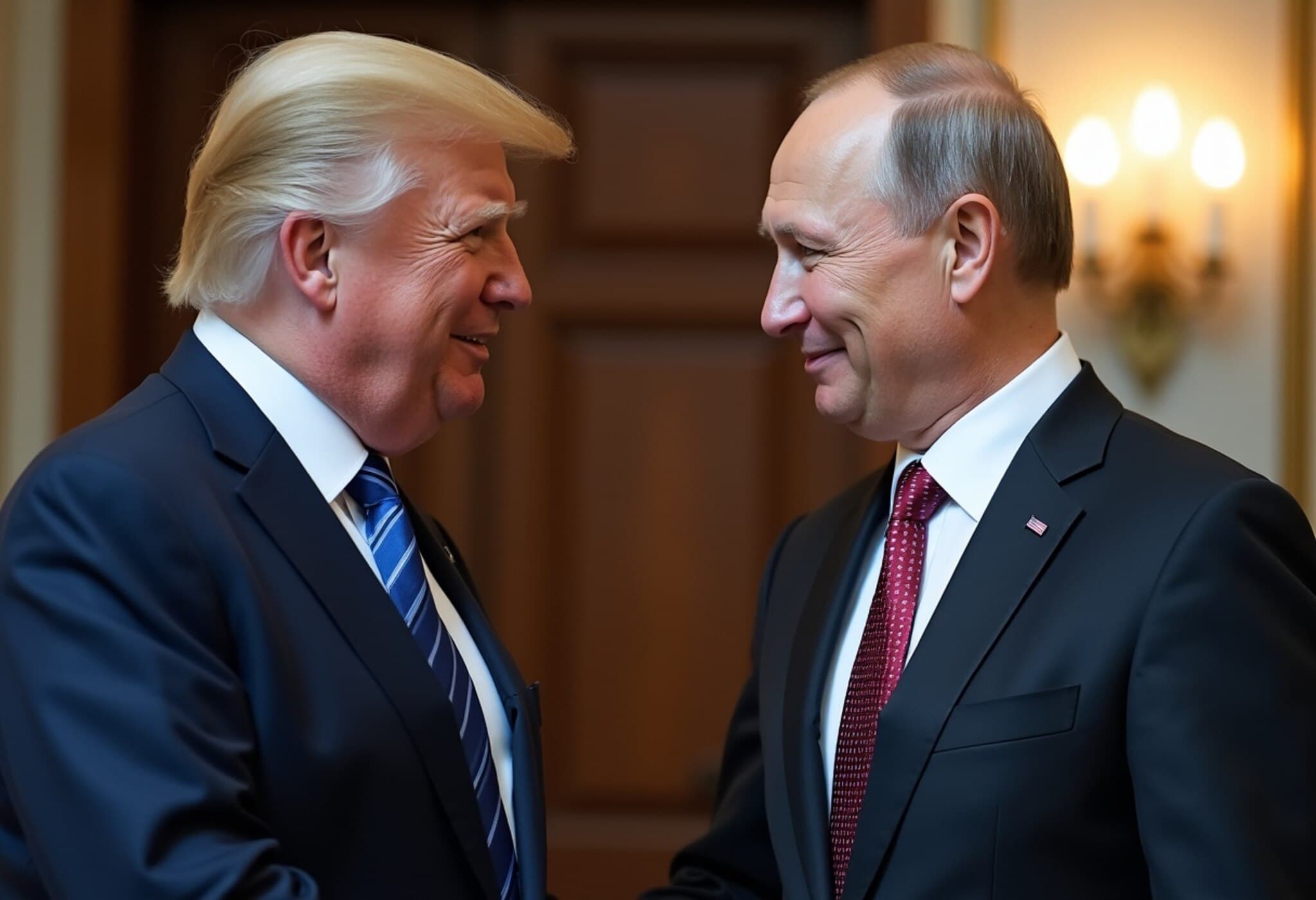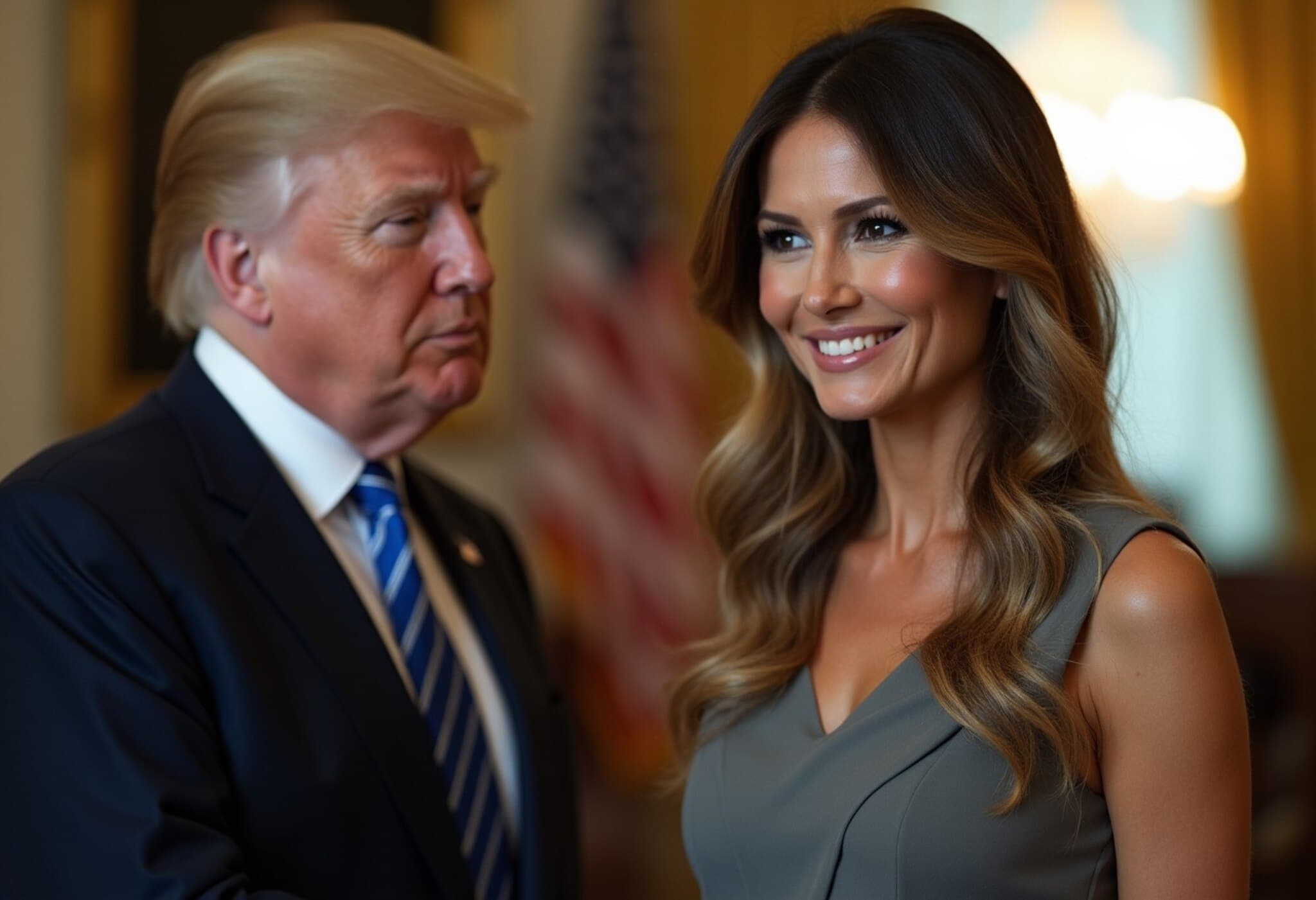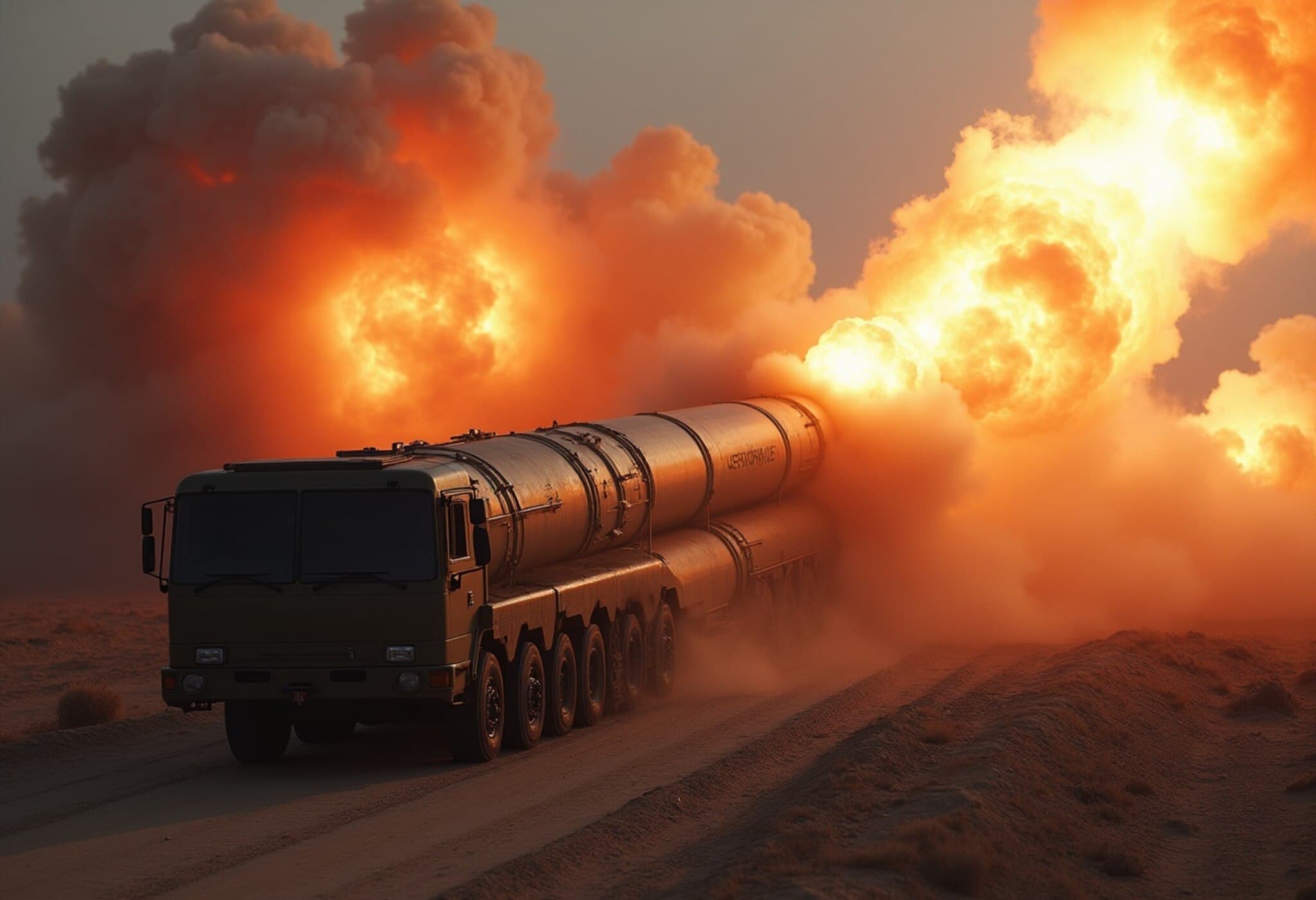Putin Reflects on Mistakes by Quoting Scripture
At a recent round-table discussion in St. Petersburg, Russian President Vladimir Putin addressed a pointed question regarding any regrets or errors he might have committed during his quarter-century in power. Instead of a direct answer, Putin referenced the Bible, stating, "Let he who is without sin cast the first stone at me." This response highlights the universal truth that everyone makes mistakes and only those without fault have the right to judge others.
Insights on the Ukraine Conflict
During the same conversation, Putin commented on the evolving situation in Ukraine. He pointed out that conditions were substantially better for Ukraine in 2022 but have since deteriorated. He urged Kyiv to engage in negotiations without delay, emphasizing that postponing talks will only worsen the situation for Ukraine. "They shouldn't put it off... they should sit down and talk to us. This is an objective fact," Putin stressed.
Notably, Putin expressed willingness to meet Ukrainian President Volodymyr Zelenskyy but only at the final stage of peace talks, explaining that repetitive, endless negotiations serve no purpose.
Russia’s Stance on NATO and Security
Addressing concerns about NATO’s military buildup, Putin asserted that Russia does not perceive NATO’s rearmament as a threat. He explained that the country is self-sufficient in its security capabilities and confident in its ability to defend itself without external challenges influencing its posture.
Potential Mediation Role in Israel-Iran Conflict
Putin also touched upon the ongoing tensions between Israel and Iran, positioning Moscow as a potential mediator to seek a ceasefire. He suggested that a resolution could balance Tehran's pursuit of a peaceful atomic program with Israel’s security concerns, calling the matter delicate but expressing optimism about finding a solution.
Summary
From quoting biblical scripture to discussing international conflicts, Putin’s recent remarks reveal his approach to leadership, conflict resolution, and diplomacy—tacitly urging for negotiation and mutual understanding amid ongoing global tensions.

